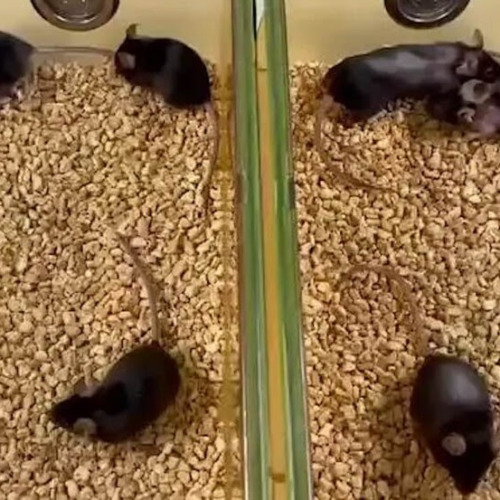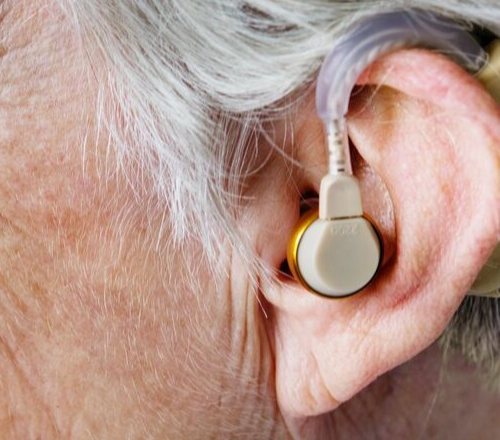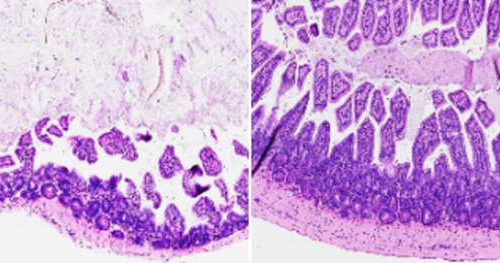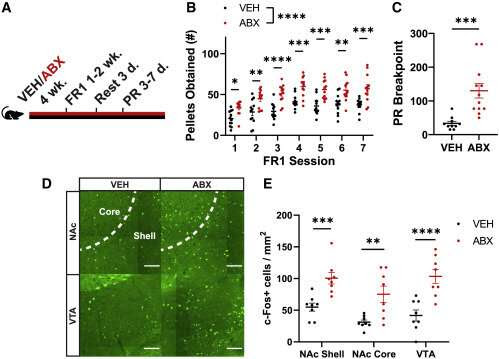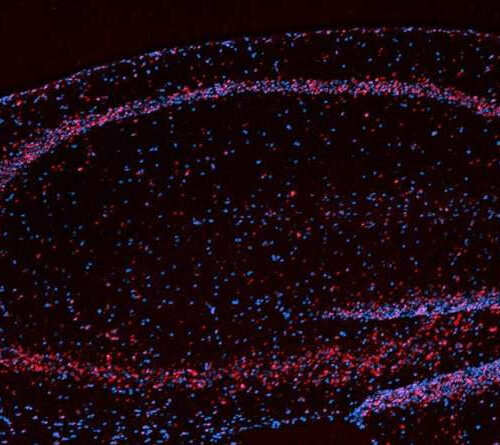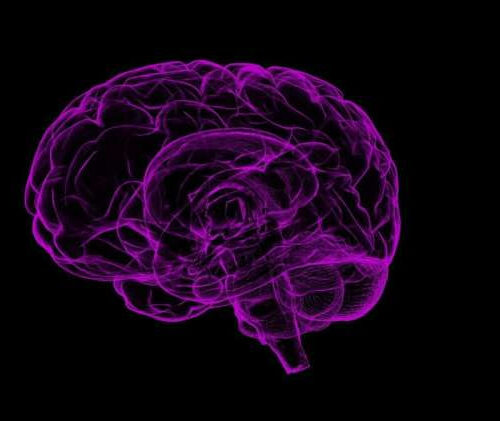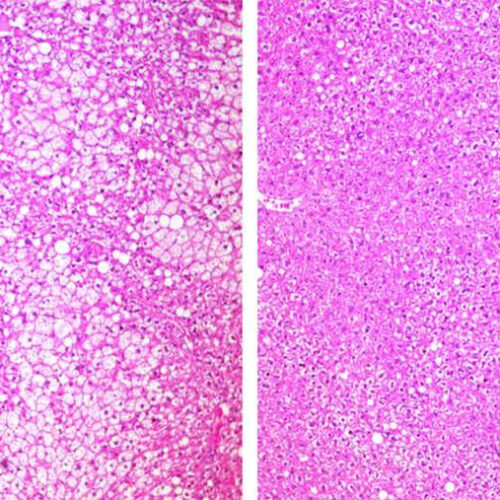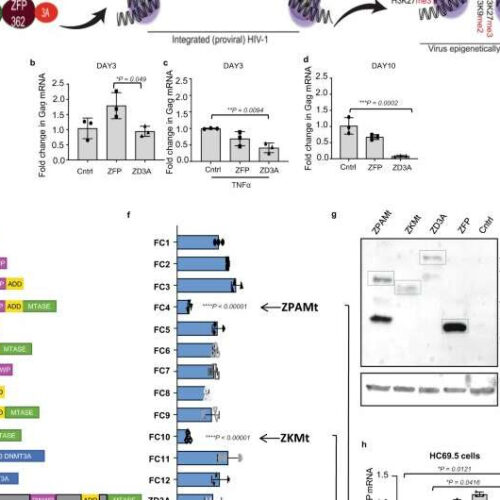SEPTEMBER 17TH, 2024POSTED BY U. CHICAGO(Credit: Getty Images) TAGS : CANCER, NANOTECHNOLOGYUNIVERSITY : UNIVERSITY OF CHICAGO Researchers have developed a nanomedicine that increases the penetration and accumulation of chemotherapy drugs in tumor tissues and effectively kills cancer cells in mice. The study in Science Advances addresses a limitation of chemotherapy. Although chemotherapy is the primary...
Tag: <span>mice</span>
Scientists have discovered that ‘switching off’ a protein called IL-11 can significantly increase the healthy lifespan of mice by almost 25%.
Good News Network Mice on the right display graying and hair loss – Credit: MRC Laboratory of Medical Science / Duke-NUS Medical SchoolScientists have discovered that ‘switching off’ a protein called IL-11 can significantly increase the healthy lifespan of mice by almost 25%. The UK researchers at Medical Research Council Laboratory and Imperial College London,...
Researchers reverse hearing loss in mice
New research from the Institute of Psychiatry, Psychology & Neuroscience (IoPPN) at King’s College London has successfully reversed hearing loss in mice. This proof-of-concept study suggests that gene therapy for this type of hearing loss in humans may be successful in the future. The research, published in Proceedings of the National Academy of Sciences, used a genetic approach to...
Human-approved medication brings back ‘lost’ memories in mice
UNIVERSITY OF GRONINGEN IMAGE: THIS IS PROF. DR. ROBBERT HAVEKES, ASSOCIATE PROFESSOR OF NEUROSCIENCE OF MEMORY AND SLEEP AT THE UNIVERSITY OF GRONINGEN, THE NETHERLANDS. TOGETHER WITH HIS TEAM, HE HAS FOUND A WAY TO MAKE KNOWLEDGE WHICH APPEARED TO BE LOST DUE TO SLEEP DEPRIVATION ACCESSIBLE AGAIN, USING OPTOGENETIC APPROACHES, AND THE HUMAN-APPROVED ASTHMA...
Scientists develop compound that reverses gut inflammation in mice
by Salk Institute Salk researchers discovered the compound FexD can treat intestinal inflammation in mice. Mice with symptoms similar to inflammatory bowel disease had changes to the cells lining their intestines (left) that were reversed with treatment (right). Credit: Salk Institute A drug developed by Salk Institute researchers acts like a master reset switch in...
Gut microbes influence binge-eating of sweet treats in mice
by Lori Dajose, California Institute of Technology Gut microbiota reduce the incentive salience of a high-sucrose reward and decrease activity in mesolimbic brain regions linked to reward behaviors (A) Schematic illustrating timeline of fixed-ratio 1 (FR1) training and progressive ratio (PR) breakpoint testing. (B) High-sucrose pellets obtained during daily FR1 training sessions of VEH (n =...
Long-suspected turbocharger for memory found in brain cells of mice
by Columbia University A mouse hippocampus showing the nuclei of neurons (blue) and RNA (red) derived from the Pdz8 gene that researchers used to investigate the role of intracellular calcium in learning. Credit: Stephanie Herrlinger/Columbia’s Zuckerman Institute Scientists have long known that learning requires the flow of calcium into and out of brain cells. But...
Researchers develop technique to precisely open the blood-brain barrier in mice
by University of Maryland School of Medicine Credit: Pixabay/CC0 Public Domain University of Maryland School of Medicine researchers have developed a technique in laboratory animals to consistently and reproducibly open the blood-brain barrier. This barrier serves as a barricade securing the brain from the external world blocking out certain environmental toxins, but also prevents drug...
Investigational cancer drug mimics beneficial effects of fasting in mice
by Julia Evangelou Strait, Washington University School of Medicine in St. Louis An investigational cancer drug that starves tumors of their energy supply also shows evidence of improving whole body metabolism, according to a new study in mice from Washington University School of Medicine in St. Louis. Shown are sections of liver from mice on...
A novel method to block HIV in mice
by Griffith University Fig. 1: Screening of potent repressors of HIV-1 derived from fusion of ZFP362 and combination of repressor domains. a Schematic representation of the design of the ZD3A constructs leading to ZD3A protein. The NLS containing the ZFP362 domain can bind HIV-1 LTR promoter specifically and DNMT3A can recruit epigenetic silencing complexes. The binding...

